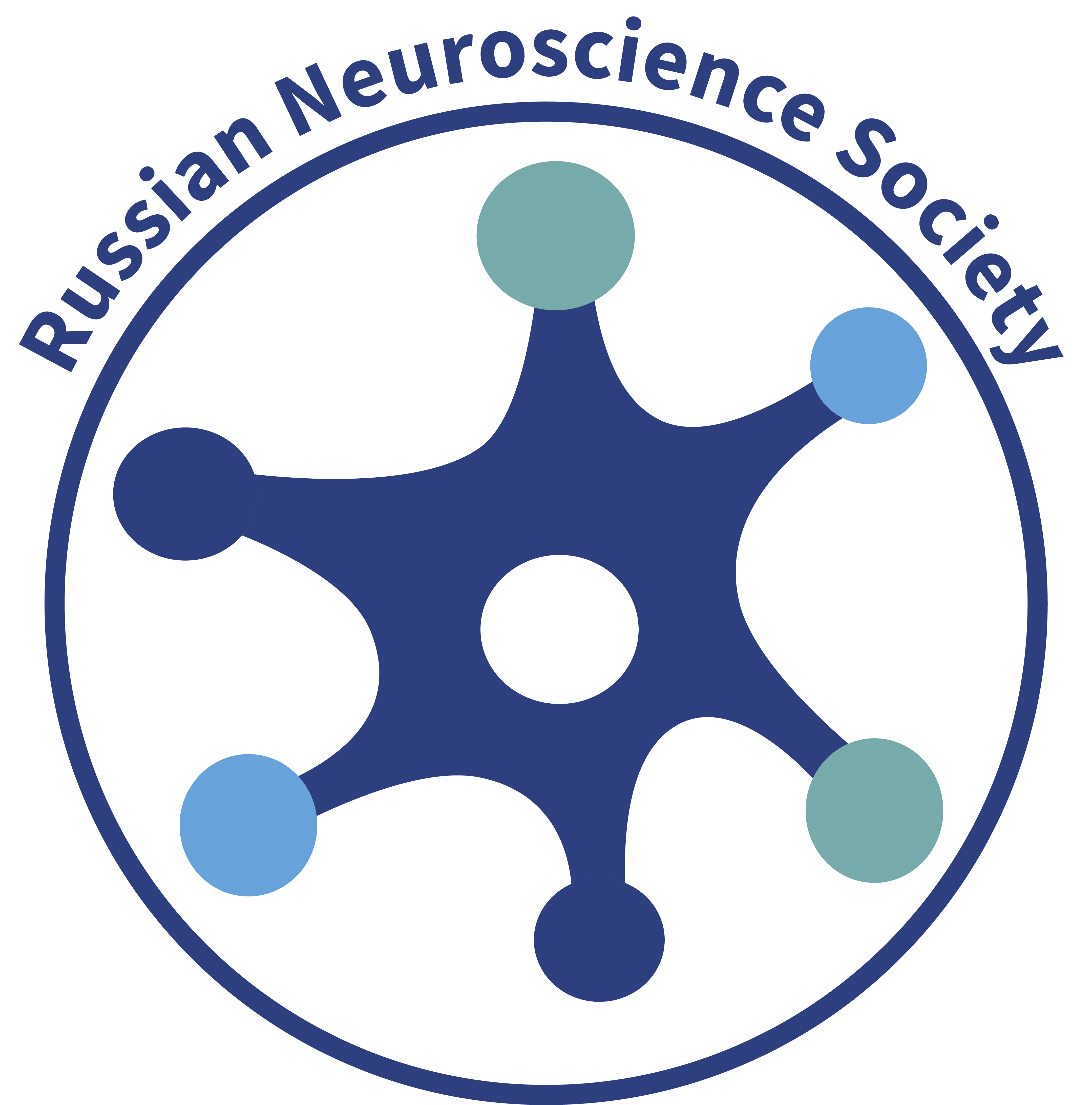
Russian Society for Neuroscience
Moscow, RF
Status: Associate Member Society
President: Prof. Pavel Balaban
Member Benefits
Russian Neuroscience Society (RNS) is the branch of the Russian Physiological Society which consolidates activities in various fields of fundamental and applied neuroscience including molecular and cellular neuroscience, neurophysiology, neuroscience of behavior and higher brain functions, computational neuroscience, neurology and clinical neuroscience. It aims both to keep and develop the traditions of outstanding physiological schools in Russia and to promote new directions of research in neuroscience.
The missions of RNS include:
- organisation of scientific events (neuroscience congresses, conferences, schools and other scientific meetings),
- assistance in the exchange of information materials and publications on the topics of neuroscience,
- promotion of collaboration between neuroscientists, initiation of joint research projects, support for exchange visits of leading neuroscientists and training for young scientists to improve their skills,
- improvement of neuroscience teaching in higher education institutions and public awareness in neuroscience,
- support for participation of Russian neuroscientists in FENS and its activities,expertise for the Russian Academy of Sciences, Russian government and private scientific foundations in the issues of neuroscience.
Coordinators of the RNS activities:
Professor Pavel Balaban – Institute of Higher Nervous Activity and Neurophysiology, Russian Academy of Sciences, Moscow
Professor Konstantin Anokhin – Institute for Advanced Brain Studies, Moscow State University, Moscow
Dr. Elena Rybnikova – I.P.Pavlov Institute of Physiology, Russian Academy of Sciences, St. Petersburg
Society Activity
On November 2, 2021, an international discussion “The Mindful Brain: Horizons of Understanding and the Limits of Neurotechnologies” was held at the Dubai Exhibition Center as part of Expo 2020 and the Russian Pavilion Program.
Brain sciences are flourishing and changing the way we think about reality. It is easy to believe that soon neuroscience will radically empower our brain. Will it be possible to create super-memory, build mind-controlled neural interfaces, control mood with the help of various gadgets, or vastly improve our intelligence? Or is the technological imagination leading us away from solving the main scientific problems – the riddle of the human mind and consciousness? Where is the borderline between scientific understanding of the brain and neurotechnology? As part of the program of the Russian Pavilion at Expo 2020 dedicated to the human brain, the international group of neuroscientists and philosophers discussed these critical issues with journalist, as well as a biologist by education Vladimir Pozner.
The discussion was attended by Director of the C. & O. Vogt Institute of Brain Research, Heinrich-Heine University Düsseldorf and Director of the Institute of Neuroscience and Medicine, Research Centre Jülich, Professor Katrin Amunts (Germany); Director of the Institute for Advanced Brain Studies, Lomonosov Moscow State University, Professor Konstantin Anokhin (Russia); Chief Researcher of the Institute of Higher Nervous Activity and Neurophysiology of the Russian Academy of Sciences, Professor Pavel Balaban (Russia); Director of the Institute for Cognitive Research, St. Petersburg State University, Professor Tatiana Chernigovskaya (Russia); Head of the Laboratory of Neurophysiology and Neurocomputer Interfaces, Faculty of Biology, Lomonosov Moscow State University, Professor Alexander Kaplan (Russia); Co-director of the Moscow Center for Consciousness Research, Faculty of Philosophy, Lomonosov Moscow State University, Professor Vadim Vasiliev (Russia); CoDirector of the Kavli Institute of Brain Science and Director of the NeuroTechnology Center, Columbia University, Professor Rafael Yuste (USA).
Opening the discussion, Vladimir Pozner emphasized that the human brain is a real miracle and at the same time one of the most amazing and complex phenomena in the Universe. Tatyana Chernigovskaya set the tone for the conversation, expressing the hope that science will begin to look at the brain in the near future in a less mechanistic way. Katrin Amunts reminded the audience about the progress of machine learning and the incomparable complexity of natural and artificial neural networks. Rafael Yuste noted that it is high time for humanity to think about the introduction of neuro-rights. And in the light of new neurotechnologies, everyone should be legally protected from intrusion into their own consciousness and its use for dubious purposes. Alexander Kaplan drew attention to the overproduction of information and the radical increase in the power of processing devices, which, in his opinion, is the main feature of our time. He also suggested that the integration of the capabilities of the human brain and computers is a technical inevitability and one of the most interesting future scientific tasks. Pavel Balaban spoke about the progress in studying memory mechanisms. Konstantin Anokhin spoke about research into the neural bases of mind and consciousness. Without explaining the nature of these two phenomena, brain science will not fulfill its mission. And this will require understanding the brain at a new level – a scientific revolution, which, according to Anokhin, is feasible.
The progress of science and the progress of technology are difficult to separate from each other. The participants in the discussion repeatedly moved from discussing the possibilities of neurosciences and neurotechnologies to philosophical and ethical issues – how much do we fear or expect certain achievements of scientists and engineers? What can and should be done right now? And what is better to wait with? But all the experts collectively came to the idea that underlies the exposition of the Russian Pavilion: there is hardly anything more intriguing and more important in current science than studying our own brain, and any progress in this field can only be achieved by international efforts.
The producer of the event was Simpateka Entertainment Group.
Photos and video : https://www.instagram.com/tv/CV0C2tSK_je/?utm_medium=copy_link